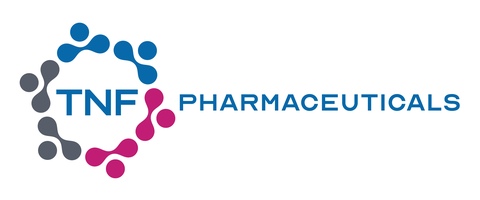AI Breakthrough: How TNF Pharmaceuticals and Renova Health Are Revolutionizing Drug Discovery

Breakthrough Collaboration Harnesses AI to Revolutionize Patient Care in Diabetes Treatment
In a groundbreaking partnership, TNF Pharmaceuticals and Renova Health are pioneering the use of advanced artificial intelligence and machine learning technologies to transform diabetes and weight management treatments. The innovative approach aims to precisely identify patient groups most likely to benefit from interventions that protect and preserve lean muscle mass during GLP-1 based therapies.
By leveraging cutting-edge AI algorithms, the collaboration seeks to personalize treatment strategies, potentially improving patient outcomes and minimizing muscle loss during weight management and diabetes interventions. This strategic initiative represents a significant leap forward in precision medicine, combining pharmaceutical expertise with sophisticated data analysis techniques.
The research focuses on developing targeted approaches that can help patients maintain muscle mass—a critical factor in metabolic health and overall wellness—while undergoing treatments for diabetes and chronic weight management. TNF Pharmaceuticals, a clinical-stage biopharmaceutical company known for its commitment to autoimmune and inflammatory condition research, is at the forefront of this transformative medical innovation.
As healthcare continues to evolve, this collaboration highlights the growing importance of AI and machine learning in creating more personalized, effective treatment protocols that can dramatically improve patient care and clinical outcomes.
